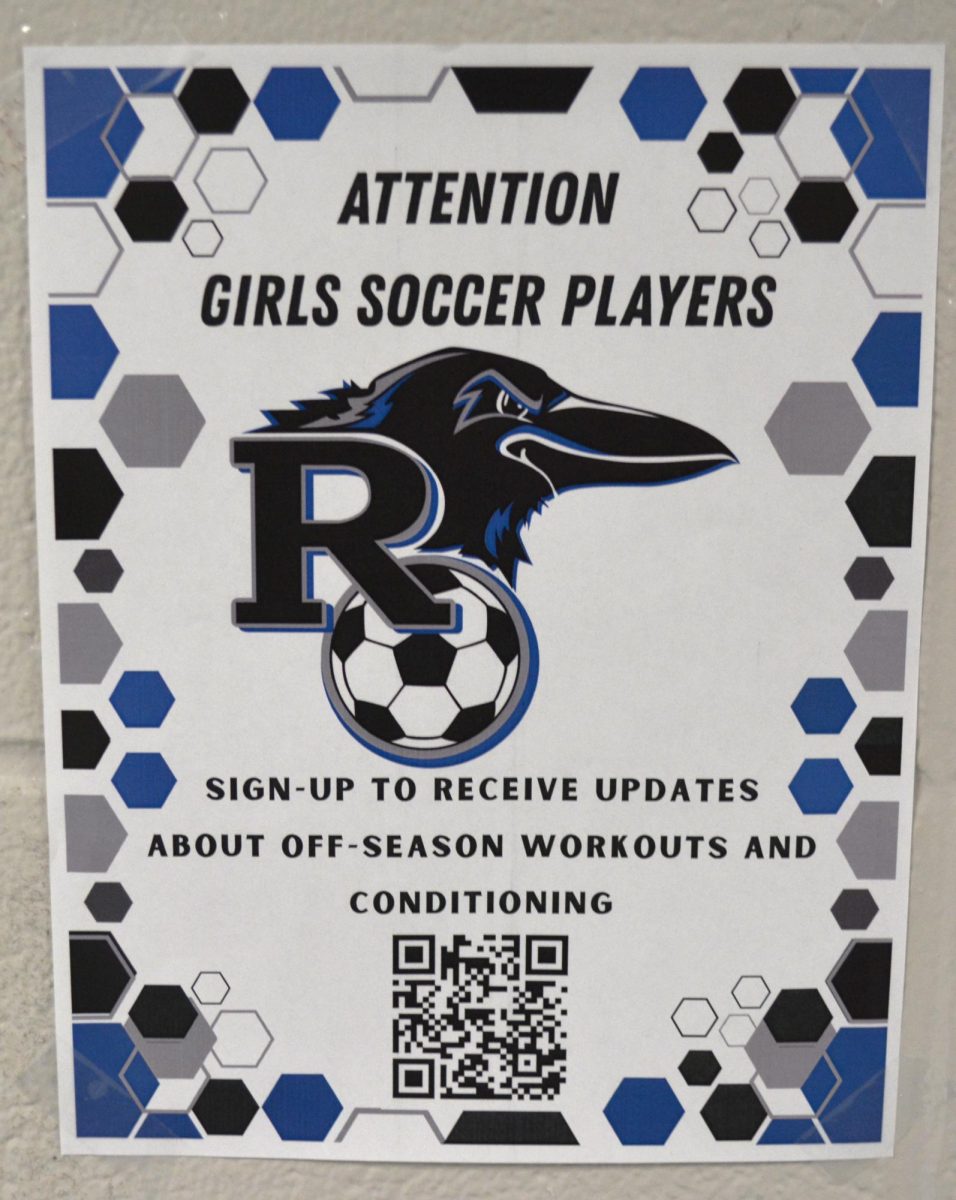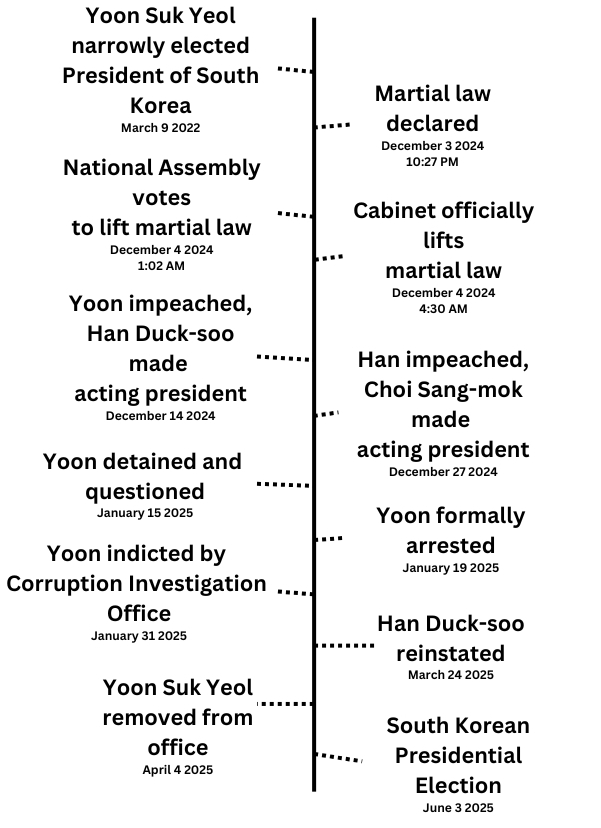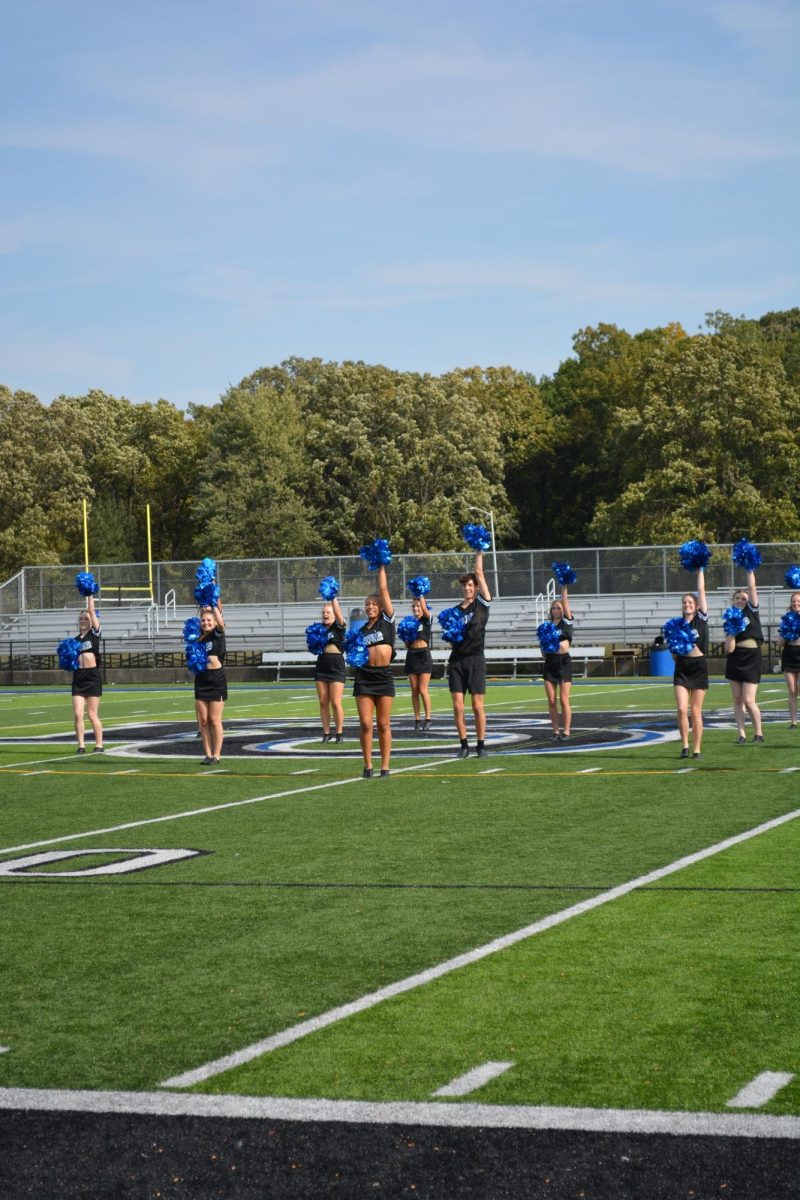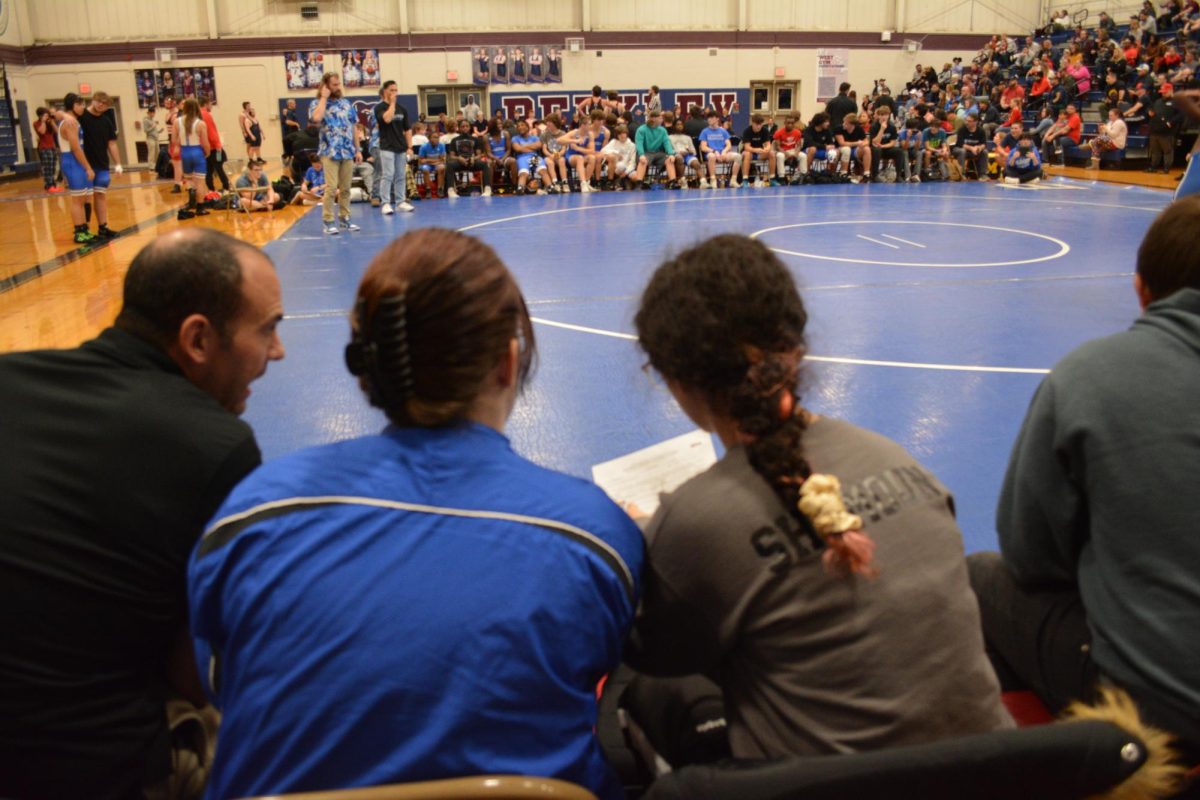In addition to the regular classes and the Diploma Program, ROHS offers AP classes that provide college-level courses to high school students. AP stands for Advanced Placement and is shaped, administered, and adapted from College Board, which creates and monitors the content in all AP classes in the area. These classes are followed by a test at the end of the year that can provide students with college credit if the test is passed.
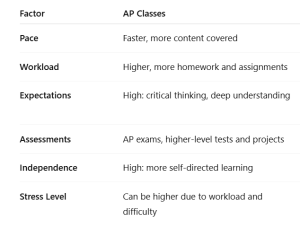 At ROHS, the new AP coordinator is Cristina Karaszewski, who describes her duties as: “Coordinating AP online classroom rosters, exam registrations/payment, and test day logistics.” This is Karaszeski’s first year as the AP coordinator, and some important changes have been noticed this year when compared to previous years. All testing this year has been held at Churchill. Testing used to be split between ROHS and Churchill in years past, and currently, many classes are starting to be fully online instead of only in-person.
At ROHS, the new AP coordinator is Cristina Karaszewski, who describes her duties as: “Coordinating AP online classroom rosters, exam registrations/payment, and test day logistics.” This is Karaszeski’s first year as the AP coordinator, and some important changes have been noticed this year when compared to previous years. All testing this year has been held at Churchill. Testing used to be split between ROHS and Churchill in years past, and currently, many classes are starting to be fully online instead of only in-person.
ROHS will offer a wide variety of AP classes in 2025-2026, including: AP Statistics, AP Calculus AB, AP Calculus BC, AP Biology, AP Environmental Science, AP Chemistry, AP Physics I-Algebra Based, AP Physics C: Mechanic, AP Literature, AP Language, AP US History, AP World History, AP Microeconomics, and AP Government.
To ensure that students will have the best opportunity to succeed in an AP class, teacher approval is required, and a list of questions should be considered when choosing these classes.
These questions include:
- Are you academically curious or looking for a challenge?
AP classes go deeper into subjects and move faster than regular classes. - Do you plan to go to college?
AP can strengthen your application and may save money by earning college credit early. - Are you strong in a particular subject?
If you’re passionate about history, science, or languages, AP can let you explore that area more deeply. - Can you manage your time well?
AP classes require more homework and independent study, so good time management is key.
AP and DP testing has concluded, and there are multiple differences between the two. “DP has zero digital testing, and the large majority of AP is hybrid and fully digital. DP scoring is 1-7 and AP scoring is 1-5, and certain DP exams test over multiple days, and stretch over 2 years,” said Karaszewski.
AP expectations are different from regular classes. They are faster paced, with more content being covered throughout the year, and a larger workload concerned with homework and assignments. Advanced Placement courses are targeted toward students working to guide themselves to their personal learning goals. AP isn’t for everyone, but it could be for you next year. If AP feels right for you, good luck testing next year!

